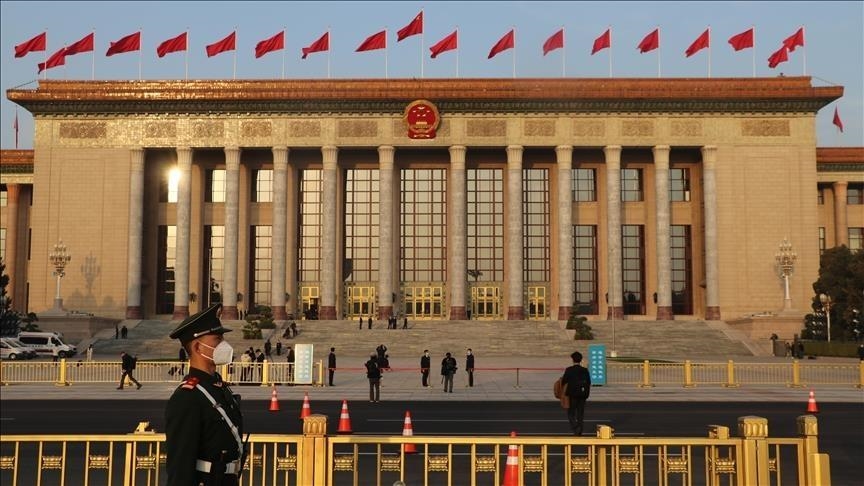Global Courant
BRUSSELS –
Russia’s armed forces are bruised but by no means defeated in the war in Ukraine, a top NATO military officer said Monday, outlining the biggest revamp of the organization’s military plans since the Cold War, should Moscow dare to exit the conflict. to expand.
“They may not be 3 meters long, but they are certainly not 60 cm long,” NATO’s Military Committee Chairman Admiral Rob Bauer told reporters. “So we should never underestimate the Russians and their ability to bounce back.”
US President Joe Biden and his NATO counterparts will approve a major shakeup of the alliance’s planning system next week at a summit in the Lithuanian capital of Vilnius.
NATO as an organization does not supply arms or ammunition to Ukraine. It is trying to avoid being dragged into a wider war with nuclear-armed Russia. At the same time, it greatly strengthens the security of member states close to Russia, Ukraine and Belarus.
About 40,000 troops are on standby from Estonia in the north to Romania on the Black Sea. About 100 aircraft take to the skies every day in that area and a total of 27 warships are active in the Baltic Sea and the Mediterranean. Those numbers will rise.
Under its new plans, NATO aims to have up to 300,000 troops ready to move to its eastern flank within 30 days. The plans divide its territory into three zones: the far north and the Atlantic area, one zone north of the Alps and another in southern Europe.
Bauer said NATO’s new planning is based on the strength of Russia’s military before President Vladimir Putin launched the war against Ukraine nearly 17 months ago. He said the war has exhausted Russia’s army, but not its navy or air force.
Of Russia’s ground forces, about “94 percent are now involved in the war in Ukraine,” Bauer said.
“What we see in general is that the Russians are cautious about NATO. They don’t seek conflict with NATO. I think that’s a sign that they are very, very busy,” he said. “I don’t think they have a lot of troops at their disposal in the land domain to harm anyone else.”
“But we are confident that the Russians will recover,” he said. “We will continue to view them as a serious threat, in the sea, and especially in the air, and in space they are still very, very capable, let alone in nuclear, of course.”
An uprising by Wagner mercenaries in Russia late last month sparked major security concerns in Estonia, Latvia, Lithuania and Poland after an agreement was reached for their leader, Yevgeny Prigozhin, to be allowed to take refuge in Belarus.
Lithuanian President Gitanas Nauseda said neighboring countries are in greater danger if the Wagner Group deploys its “serial killers” just across their border.
Vilnius is about 35 kilometers (22 mi) from the border with Belarus.
Lithuania wants a permanent NATO presence on its territory. Germany indicated last week that it was willing to station soldiers there if requested. At present, however, NATO sees no immediate threat from Belarus.
“We are convinced that we know what is going on, and at the moment we do not see any changes. But that does not mean that we have to do it every day,” Major General Matthew Van Wagenen told reporters. “If we had to change attitudes, we could do it quickly.”
NATO’s 31 member states took part in a “power generation conference” last week to understand how much troops and equipment the alliance could have at its disposal to respond to a Russian attack, both in the short and longer term.
Both officers were optimistic about the results, although they declined to provide details for security reasons. However, experts and some NATO diplomats have expressed doubts about the willingness of the member states to put a total of 300,000 military personnel on standby.
“I would classify it as very successful,” Van Wagenen said. “I can assure you that we are now in a position to know what is missing and how to grow it in the future.”
As for NATO’s ability to implement the plans should they be needed in the future, Bauer welcomed the expected deployment to Vilnius by Biden and his counterparts to increase defense spending, which should help provide commanders with of the equipment they need.
In 2014, NATO committed to spending 2% of GDP on their military budgets by 2024. .








